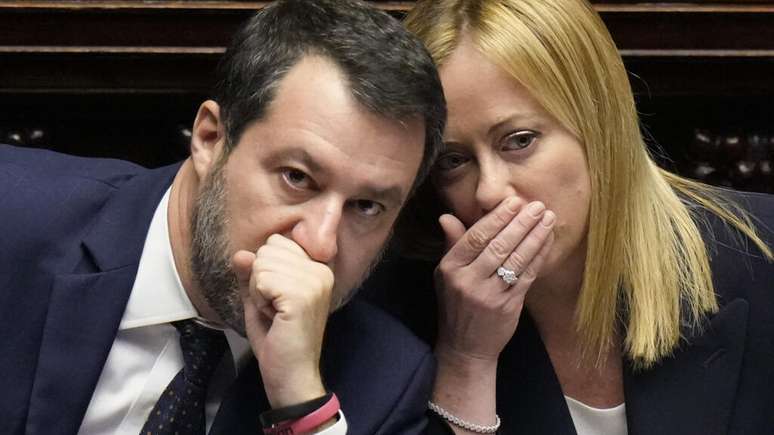With the advent of streaming, subscribers were given a specific promise: all of the platforms’ original work would always be available. But the situation seems to have changed in recent months. Some works completely disappear from the catalogs and are not available anywhere. A few weeks ago we heard about the removal of the Willow series, or even the movie The Crater today, from the Disney + catalog.
On May 10, Disney CFO Christine McCarthy statement It’s disturbing that society was going”Remove certain content from streaming platforms“.
So-called classic titles are constantly bouncing around due to rights negotiations between streaming services, but Disney+ has removed its own content that the platform has created. These include the remakes of Black Beauty with Kate Winslet, Thirteen by the Dozen, which came out last year, and the adaptation of Kenneth Branagh’s fantasy novel Artemis Fowl. Even the documentary series “The World According to Jeff Goldblum” failed. And many others!

The fourth dimension
It’s not just Disney+
It’s not just Mickey’s house to blame for this story, it’s the entire industry. Paramount+ has canceled the La Quatrième dimension reboot directed by Jordan Peele (also not available on MyCanal in France) in the US, as well as its spin-off series from Grease, titled Grease: Rise of the Pink Ladies, or its. A spin-off from the Star Trek, Prodigy animated series.
Also in the US, Max said goodbye to Westworld and Minx, which are still available from us via OCS. Netflix is also included in it. Last October, we learned of the disappearance of the Hemlock Grove series with Famke Janssen, one of the platform’s first original creations since House of Cards. Earlier this year, Netflix announced the cancellation of Arrested Development, and the last two seasons were produced by Netflix. But the platform changed this decision later.

Hemlock Grove
Why this deletion?
One answer – the most obvious – is that it is a cost-cutting measure: broadcasters can deduct it from the loss from their catalogs and pay less “residual” in English, that is, the fee paid. Actors, screenwriters, directors and other creators in the transmission of TV series and movies. This is in accordance with the author’s rights and copyright.
Some streaming services have also tried to sell their titles to other companies: free platform Tubi, for example, currently streams HBO’s Westworld, but it’s only available in the United States. In the past few days, some HBO series – including Insecure – have now been sold to Netflix, but only in the United States.
But there is another reason. The streaming industry — touted as a goose at launch — is entering an era of flops. The bubble surrounding the streaming boom of the 2010s has well and truly burst: last year Netflix announced its first subscriber loss in a decade. Disney’s streaming services lost $1.05 billion in the last quarter of 2022; Warner Bros. Discovery — which owns Max (formerly HBO Max) — posted a $217 million streaming loss, while House of the Dragon’s launch was a success!

crater
A Legacy of Disappointment
Part of the appeal of streaming is that we should be able to watch whatever we want, whenever we want… but those happy days seem like a distant dream now. The world of streaming is getting more and more crowded. This is evidenced by the number of platforms you have to subscribe to in order to access the widest range of offerings. Not to mention the rights issues that mean some titles – classics or niche works – have simply never been available for streaming!
Subscribers are not the only ones disappointed in this case. All the people who participated in the creation of the film or TV series depend on these decisions. First of all, because the disappearance of a work – without the existence of a physical copy – means that it never existed. The other impact is, of course, financial. After the series is canceled, the creators stop receiving any known residuals or royalties.
This is one of the hot spots at the heart of the current writers’ strike in the US: while TV companies use a “success reward” model, meaning writers can earn more money if their series is successful, that same success means little to streaming platforms. The latter pay royalties based on a number of factors, including how long the series has been on the service and their own subscriber count (which they often don’t want to share).
And when your series doesn’t run on the platform, you just don’t get paid… You see, streaming is no longer synonymous with eternal life!
Source: Allocine
Camila Luna is a writer at Gossipify, where she covers the latest movies and television series. With a passion for all things entertainment, Camila brings her unique perspective to her writing and offers readers an inside look at the industry. Camila is a graduate from the University of California, Los Angeles (UCLA) with a degree in English and is also a avid movie watcher.







